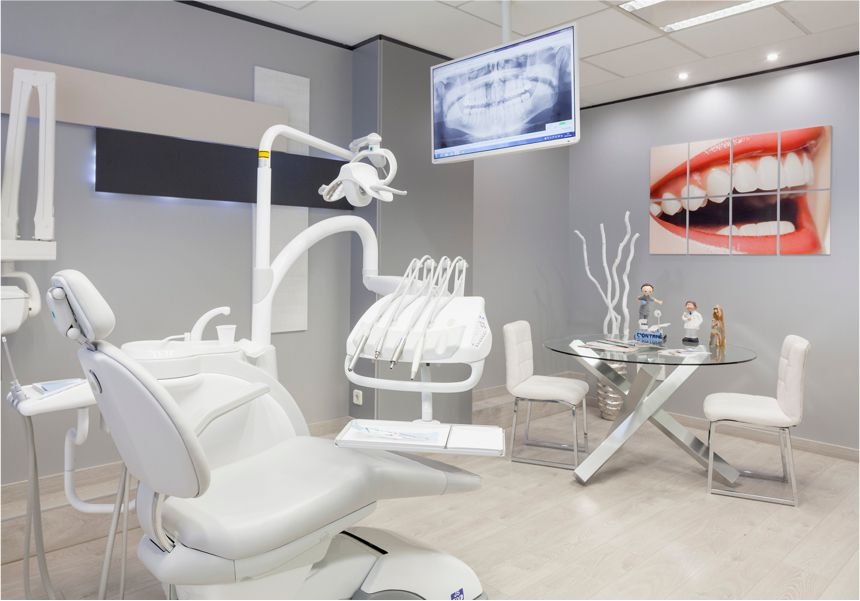Getting Ready for The Dental Appointment: The Essential Checklist
Going to a dental clinic can sometimes be a nerve-wracking process, especially if you are unsure about what to expect. Whether it’s your first visit or you are a experienced patient, being prepared can help reduce your nervousness and make the most out of your appointment. Understanding the common procedures and having the necessary information can transform your visit from stressful to simple.
In this post, we present an essential checklist that will lead you through the preparations for your dental appointment. From gathering your medical history to figuring out what questions to ask your dentist, having a clear plan will not just help you feel more at ease but also ensure that you receive the best optimal care during your visit to the dental office. Let’s explore what you need to do before stepping into the chair.
What to Bring
In preparation for your dental appointment, make sure to gather a number of certain items to make sure that everything goes without a hitch. To start with, make sure to carry the insurance information if you have dental coverage. This might be the insurance card or your policy number, along with any necessary identification. Having this information readily available will expedite the check-in procedure at the dental clinic.
Alongside insurance details, it is also beneficial to bring a list of any medications you are currently taking. This must contain prescriptions, OTC medication, and any vitamins or supplements. Telling your dentist of the medical history and current medications enables a more accurate assessment and personalized care during your visit. Should you possess any allergies, make sure to note those also.
In conclusion, consider bring a notepad or an electronic device to jot down notes during your appointment. This can be helpful for noting important information provided by your dentist concerning treatment plans or oral health tips. Having everything ready with these items will assist in a more valuable and educational experience at the dental clinic.
Preparing Your Medical History
When attending a dental clinic, one of the first steps is to organize your medical history. This data is crucial for your dentist to understand any underlying medical conditions that could affect your dental care. You should be ready to provide information about any chronic conditions, medications you are currently taking, and previous surgeries or dental procedures you have had.
It's crucial to think about any allergies you may have, especially to medications or latex. Telling your dental professional about these allergies can help avoid adverse reactions during treatment. Be prepared to discuss any specific dental concerns you might have, such as reactions to hot or cold, pain during chewing, or any prior negative experiences at a dental clinic that may impact your level of comfort.
If you have a family history of dental issues, like gum disease or cavities, make a note of this as well. Sharing citydent allows your dentist to evaluate your risk factors more effectively and create a personalized treatment plan. Having an exact and complete health history will ensure that you receive the optimal care customized to your needs.

Inquiries to Ask Your Dental Professional
Prior to your dental appointment, it's important to prepare a list of questions to make sure you understand your oral health and any necessary treatments. Start by asking about the specific procedures you might undergo during your visit. Ask about their purpose, what to anticipate, and any possible discomfort you might encounter. Understanding the benefits and risks will assist you feel more at comfort during your appointment.
Another key inquiry to think about is about your overall oral health. Request your dentist for a comprehensive assessment of your teeth and gums. This can include questions about areas of concern, the health of your enamel, or whether you have any signs of gum disease. Knowing the current state of your oral health can provide insights into your future dental care needs.
Lastly, don't be reluctant to discuss preventive measures and home care practices. Ask your dentist for tailored recommendations on brushing, flossing, and dietary options that can benefit your oral health. Understanding how to maintain your dental hygiene at home can significantly reduce the risk of upcoming dental issues, making each dentist visit more about care than treatment.